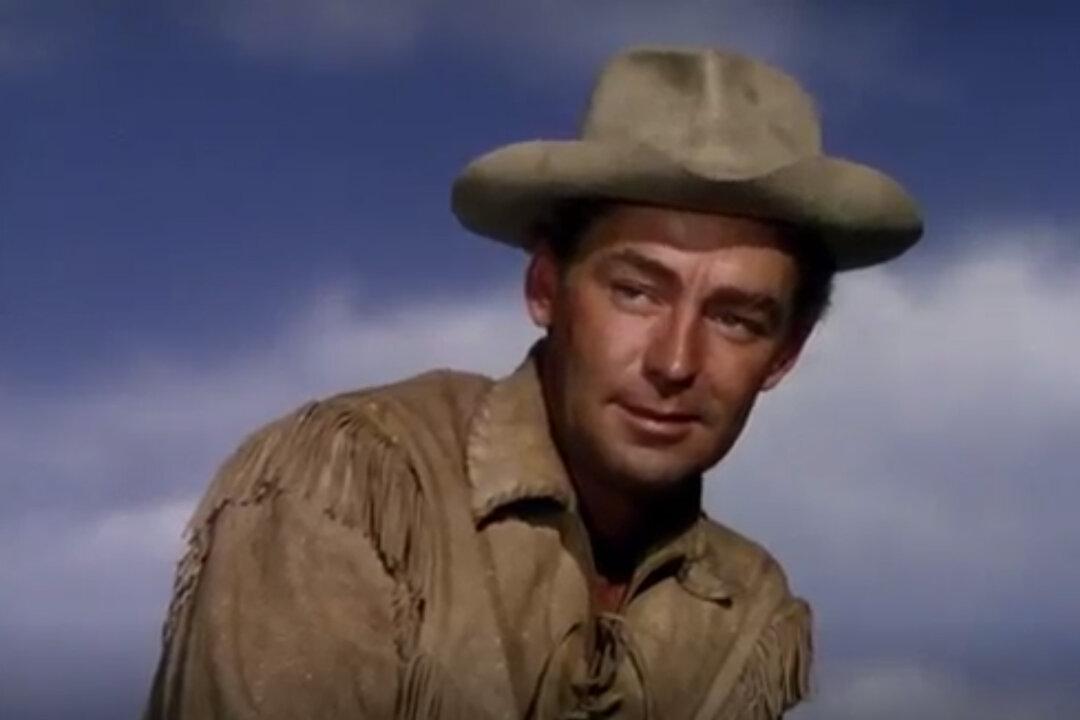Not Rated | 1h 58min| Drama, Western | 23 April 1953 (USA)
Remember the simple, understated heroes of the Old West? The down-to-earth, courageous, and gutsy characters of a time now forgotten, drifting into the past like old tumbleweeds blowing across windswept plains?






